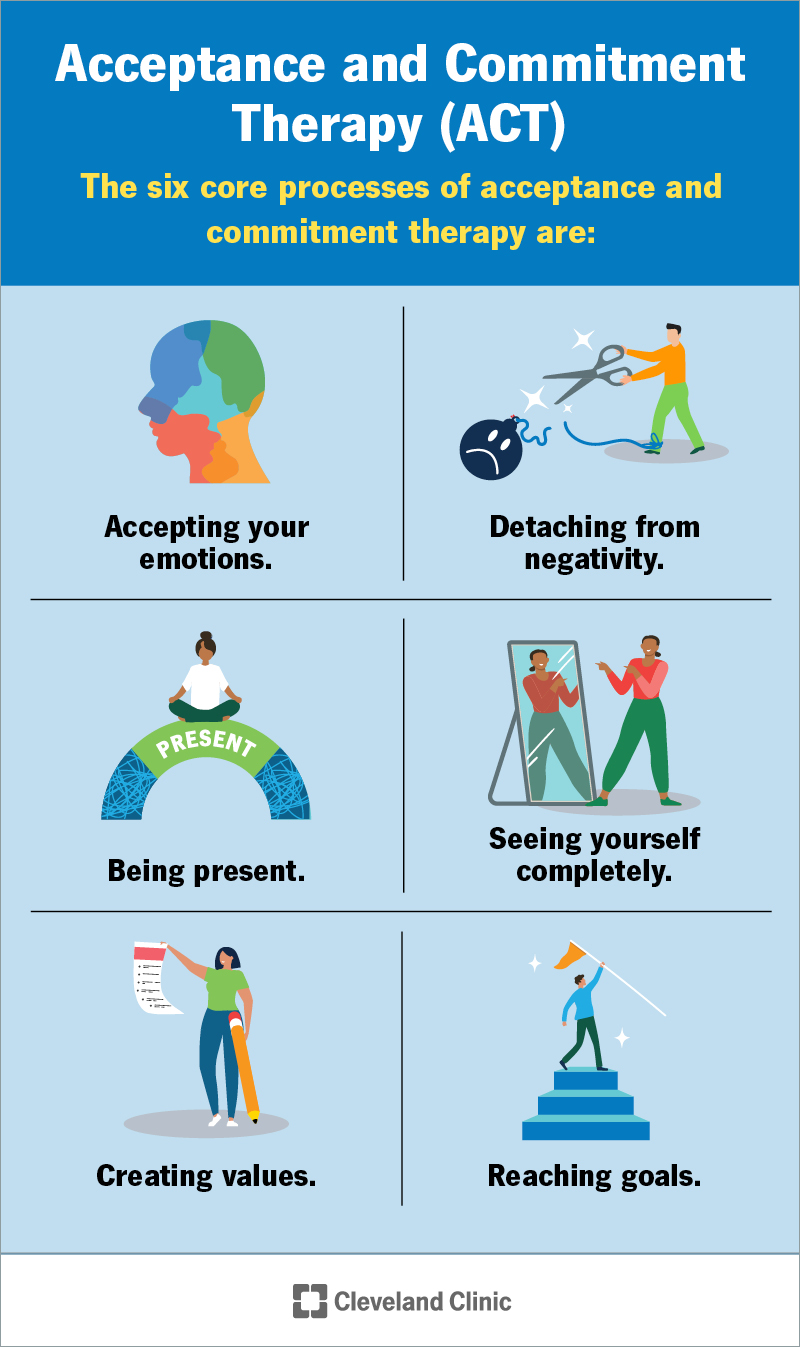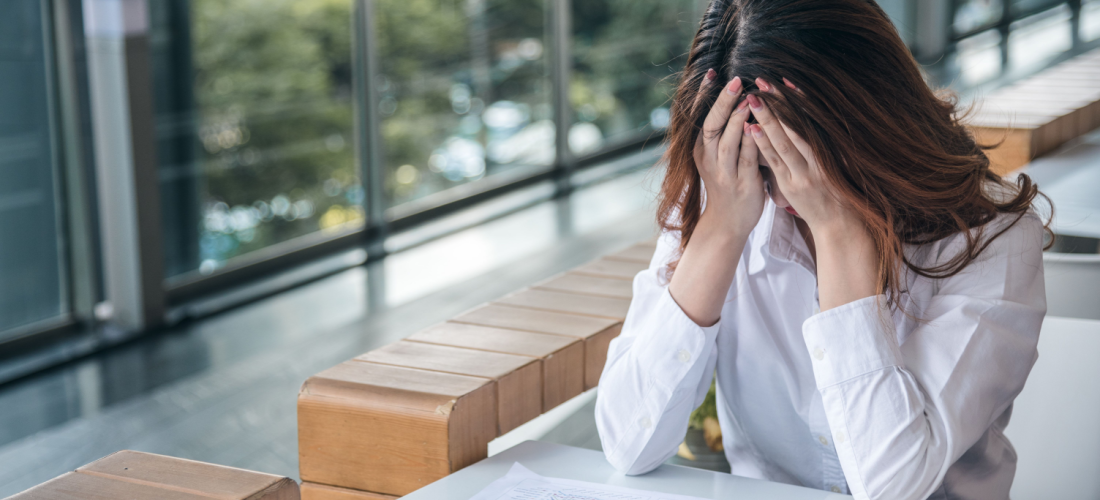Find peace and clarity with qualified counseling services for anxiety
Find peace and clarity with qualified counseling services for anxiety
Blog Article
Exploring Various Methods in Therapy for Anxiousness Condition for Lasting Modification
When dealing with stress and anxiety conditions, it's important to explore a range of counseling techniques. Each technique provides special understandings and tools to help you manage your symptoms efficiently. You might discover that incorporating techniques can generate the very best outcomes. However, recognizing the subtleties of these strategies is key to cultivating enduring change. What if the right combination could launch a new level of emotional wellness for you?
Understanding Anxiousness Conditions: A Short Summary
Anxiety disorders, which impact numerous people worldwide, can considerably impact day-to-day live. You may experience overwhelming feelings of fear or worry that appear unmanageable. These feelings can cause physical symptoms like a racing heart, sweating, and even dizziness. Typical kinds of anxiety problems consist of generalised anxiousness problem, panic attack, and social anxiety disorder. Each has unique signs, but they all share a tendency to disrupt your regular and relationships.Understanding the origin of your anxiousness is vital. It could come from genetics, brain chemistry, or life experiences. Recognizing your triggers can help you handle your reactions better. It is very important to keep in mind that you're not the only one in this battle. Several individuals encounter similar difficulties, and seeking aid is a solid step toward sensation much better. By learning more about anxiousness conditions, you're already on the course to understanding and managing your condition better.
Cognitive-Behavioral Treatment: Testing Negative Thought Patterns
In Cognitive-Behavioral Treatment, you'll begin by recognizing the unfavorable idea sets off that contribute to your stress and anxiety. You'll function on changing them with even more favorable alternatives when you recognize these ideas. With each other, you'll develop effective coping approaches to aid manage your stress and anxiety in day-to-day scenarios.
Recognizing Adverse Idea Triggers

Recognizing the certain triggers behind your unfavorable ideas can be necessary in taking care of anxiousness when you experience minutes of distress. Beginning by focusing on circumstances that prompt sensations of worry or fear. Is it a congested space, a forthcoming due date, or a discussion with specific individuals? Write down these instances in a journal. This will assist you recognize patterns in your reasoning. Additionally, notice physical experiences that accompany your adverse thoughts, like a racing heart or tightness in your chest. By identifying these triggers, you obtain understanding into what's sustaining your stress and anxiety. Understanding these connections is the first step in testing those thoughts and eventually gaining back control over your emotional actions.
Replacing Ideas With Positives
Challenging negative idea patterns is a vital step in changing your state of mind and minimizing stress and anxiety. You might commonly locate yourself entraped in cycles of self-doubt or disastrous thinking. Instead of allowing these thoughts determine your feelings, practice replacing them with positive affirmations or sensible choices. For example, when you think, "I can't handle this," move it to, "I can handle difficulties one action at once." This simple change can greatly influence your psychological state. Regularly identifying and countering these unfavorable ideas aids produce a healthier inner discussion. Keep in mind, it requires time and initiative, yet consistently practicing this technique can cause enduring change, encouraging you to face anxiety with renewed self-confidence and durability.
Structure Coping Strategies With Each Other
Changing adverse thoughts is only the beginning of handling anxiety efficiently. To produce long-term adjustment, you need to develop coping approaches that empower you. Cognitive-Behavioral Therapy (CBT) helps you determine and test those unhelpful thought patterns. Together, you and your therapist can explore exactly how these thoughts effect your feelings and behaviors.Start by establishing practical strategies, like journaling or mindfulness workouts, that permit you to face stress and anxiety head-on. When you face your concerns slowly, you'll discover to react in different ways.

Mindfulness and Acceptance-Based Approaches: Cultivating Present-Moment Awareness
As you browse the complexities of anxiety, integrating mindfulness and acceptance-based strategies can considerably boost your capacity to grow present-moment recognition. By concentrating on the below and now, you'll discover that you can observe your ideas and feelings without judgment (Counseling services for anxiety). This practice helps you recognize your anxiety without feeling overwhelmed by it.Engaging in mindfulness workouts, such as deep breathing, body scans, or led reflections, enables you to ground on your own in your existing experience. Acceptance-based techniques urge you to accept your emotions instead of battle versus them. They lose their power over you.Incorporating these practices into your day-to-day routine can transform just how you react to anxiety when you accept your feelings. You'll develop durability and discover to navigate stressful situations with higher ease. Ultimately, growing present-moment recognition lays the structure for enduring change, equipping you to lead a much more satisfying life
Exposure Therapy: Facing Fears Progressively
Exposure treatment helps you challenge your concerns in a steady way, making it much less overwhelming. You'll find out strategies to face anxiety-provoking situations step by action, while also developing coping techniques to handle your responses. This technique encourages you to take control and reduce stress and anxiety over time.
Gradual Direct Exposure Strategies

When encountering anxiety, slowly confronting your worries can be an effective way to reclaim control. This method, referred to as steady exposure, entails slowly revealing yourself to the situations or things that trigger your anxiousness. Beginning with less challenging circumstances and progressively function your means approximately see here more challenging ones. If you're afraid of public talking, you might begin by talking in front of a mirror, then advance to sharing ideas with a pal, and eventually address a little team. Each step helps desensitize you to the concern, developing your self-confidence over time. Keep in mind, it's necessary to rate on your own and celebrate little triumphes as you relocate through this process, enhancing your capacity to take care of stress and anxiety effectively.
Building Coping Strategies
Building efficient coping strategies is necessary for managing anxiety, specifically as you challenge your worries gradually - Counseling services for anxiety. One powerful method is direct exposure therapy, where you begin by encountering your fears in a regulated way. Start with less frightening situations and slowly function your means approximately more challenging circumstances. This progressive exposure assists desensitize you to anxiousness sets off, making them less overwhelming.Incorporate relaxation methods, such as deep breathing or mindfulness, to soothe your mind throughout exposure. Track your progression, celebrating small triumphes along the means to improve your self-confidence. Remember, it's alright to take your time; the objective isn't perfection however constant renovation. By developing these methods, you'll equip yourself to navigate stress and anxiety and accept life extra totally
Psychodynamic Therapy: Revealing Origin of Stress And Anxiety
Psychodynamic therapy explores the unconscious mind, revealing the origin of your anxiety. By examining your thoughts, feelings, and previous experiences, this approach assists you uncover underlying disputes and unsettled concerns that may add to your current anxiousness. You'll deal with a therapist to check out childhood experiences, connections, and emotional patterns that shape your responses today.As you obtain insight right into these deeper layers of your psyche, you'll begin to acknowledge how previous events influence your present habits. This understanding can bring about catharsis, permitting you to refine feelings you may have suppressed.Through the therapeutic relationship, you can also determine defense reaction that might have developed with time, using a clearer course to alter. Ultimately, psychodynamic therapy outfits you with the tools to address your stress and anxiety at its core, promoting long-term transformation in your emotional health.
Integrative and Alternative Strategies: Incorporating Techniques for Greater Efficacy
Integrating various therapeutic methods can boost your trip towards taking care of stress and anxiety better. By incorporating components from cognitive-behavioral treatment, mindfulness methods, and alternative methods, you can create a customized method that resolves your one-of-a-kind requirements. For instance, you could make use of cognitive-behavioral methods to test adverse thought patterns while integrating mindfulness exercises to ground on your own in the existing moment.Additionally, exploring holistic techniques such as yoga exercise or reflection can advertise leisure and lower stress and anxiety symptoms. This blend allows you to establish greater self-awareness and resilience.Experimenting with these diverse approaches can assist you uncover what reverberates most with you. Remember, it has to do with discovering a synergy that functions, instead of staying with a single method. This integrative strategy not just uses instant alleviation however also cultivates lasting abilities for handling stress and anxiety, empowering you to reclaim control over your life.
The Function of Assistance Equipments: Building Strength Via Connection
While it may appear that handling anxiety is a solitary journey, having a strong support system can play an important role in your strength. Surrounding on your own with understanding pals, family, or support system creates a safe area where you can openly share your experiences and sensations. When you get in touch with others, you remind on your own that you're not alone in this struggle.These connections use support and can offer useful coping methods that have benefited others. It's likewise an opportunity to obtain point of view; close friends can assist you see scenarios differently, lowering sensations of isolation.Moreover, emotional assistance cultivates a sense of belonging, which can considerably relieve resource anxiousness symptoms. By leaning on your support group, you can construct resilience and deal with difficulties more successfully. Bear in mind, connecting for help signifies strength, and it can make all the distinction in your trip toward handling stress and anxiety.
Regularly Asked Concerns
What Are the Typical Signs And Symptoms of Anxiousness Problems?
You might experience restlessness, tiredness, trouble concentrating, irritability, muscular tissue tension, and rest disruptions. Physical signs can include rapid heartbeat, sweating, and shivering. Acknowledging these indicators early can help you look for proper support and therapy.
How Much Time Does Therapy Typically Last for Stress And Anxiety Conditions?
Treatment for anxiety conditions typically lasts anywhere from a couple of weeks to a number of look at this web-site months. It really relies on your individual demands, progress, and the strategies your therapist uses to aid you handle your anxiety successfully.
Can Medication Be Utilized Together With Therapy for Anxiousness?
Yes, drug can absolutely be made use of along with treatment for anxiousness. Incorporating both strategies typically boosts therapy effectiveness, helping you manage signs while checking out underlying concerns through counseling (Counseling services for anxiety). Constantly consult your doctor for individualized advice
Are There Self-Help Methods for Handling Stress And Anxiety?
Yes, there are a number of self-help methods for handling anxiousness. You can exercise mindfulness, engage in normal workout, maintain a balanced diet plan, develop a regular, and utilize deep breathing strategies to aid minimize anxiousness signs and symptoms effectively.
How Do I Know if I Required Specialist Aid for Anxiousness?

Report this page